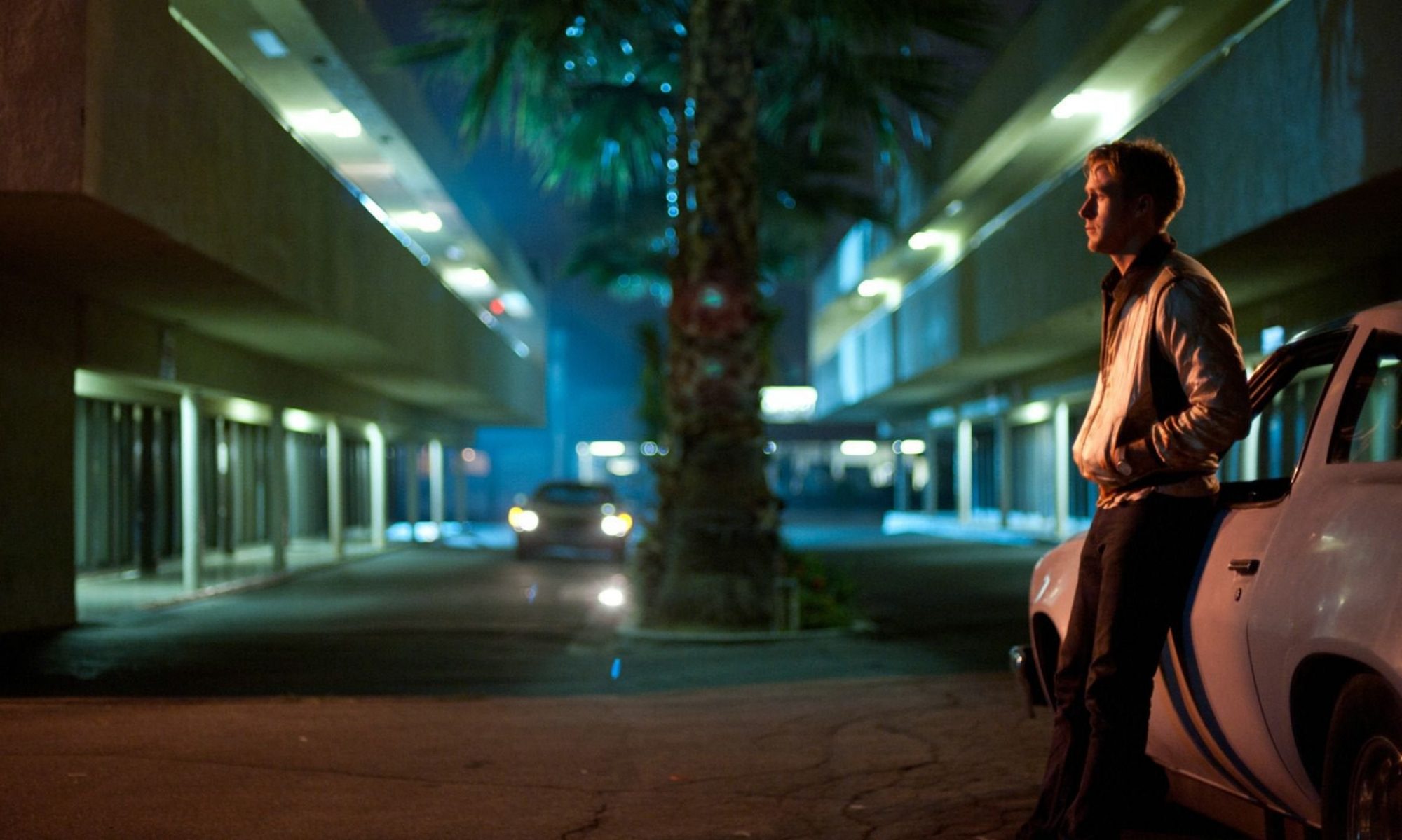Watching Spooks in all its ten-season entirety was, in the words of Vic Reeves’ Tom Fun, a lotta fun. A lotta fun, that is, if you’re willing to accept that the characters you’re most invested in get offed on a regular basis. And Spooks made killing off central characters cool before it was cool. That’s right Game of Thrones, this traumatising shiz got there and hit the feels years before you did. Killing off key players made for great dramatic tension, something that’s particularly welcome in an era of copious superhero films where people frequently ‘die’ yet are subsequently resurrected in the same film. Great. Your favourite character’s back, so let’s continue with more mindless action and destruction with no emotional consequences.
It took a long time to reach that ten-season goal for Spooks, mostly because it was watched in segments. Viewing is generally a family event round here, but when it comes to football? Not so much. That’s my dad’s domain, and as such, he retires to his dojo to watch it in peace without receiving fake yawns and disinterested sighs from any unenthusiastic audiences (myself and my mum, for example). My mum had watched the whole series a while back, and while most key memories remained, others apparently…not so much. One of these conundrums appeared with a certain episode containing a particularly brutal death involving a deep fat fryer. I must’ve heard about this somewhere, perhaps from a report at the time. It racked up a record number of complaints (Over 250. WOW) for a TV show in 2002.
Anyway, I think we must’ve missed it somehow. I checked iPlayer recently and it’s still on there, so the BBC clearly haven’t censored it. Maybe we did watch it and we’re so numbed to violence on television that it passed us by. Who knows?
The series also did a decent bit of work in bolstering the careers of up-and-coming actors, with Matthew McFadyen and Keeley Hawes standing out as two of the names who went onto much greater projects. Shout out to Shazad Latif for a compelling early performance too (I hear you Clem Fandango). There’s plenty of compelling female roles too, and it was nice to see these nuanced performances not adhere to the somewhat tiring ‘strong female character’ trope, with Hermione Norris’ troubled Ros Myers being a particular standout. And Nicola Walker’s great as always. Despite the series’ age, it’s also remarkably prescient in its portrayal of frequently slippery political international relations (looking at you, Russia. And you, USA). It’s just fun going through episodes and double taking as you recognise a person from another TV show or film. Also, it’s fun to watch a series that never really lets up the tension and always keeps you at the edge of your seat, even if the final season gets a bit weaker with the introduction of too many characters in a short space of time. What a lotta fun that is, as Tom Fun might say.
